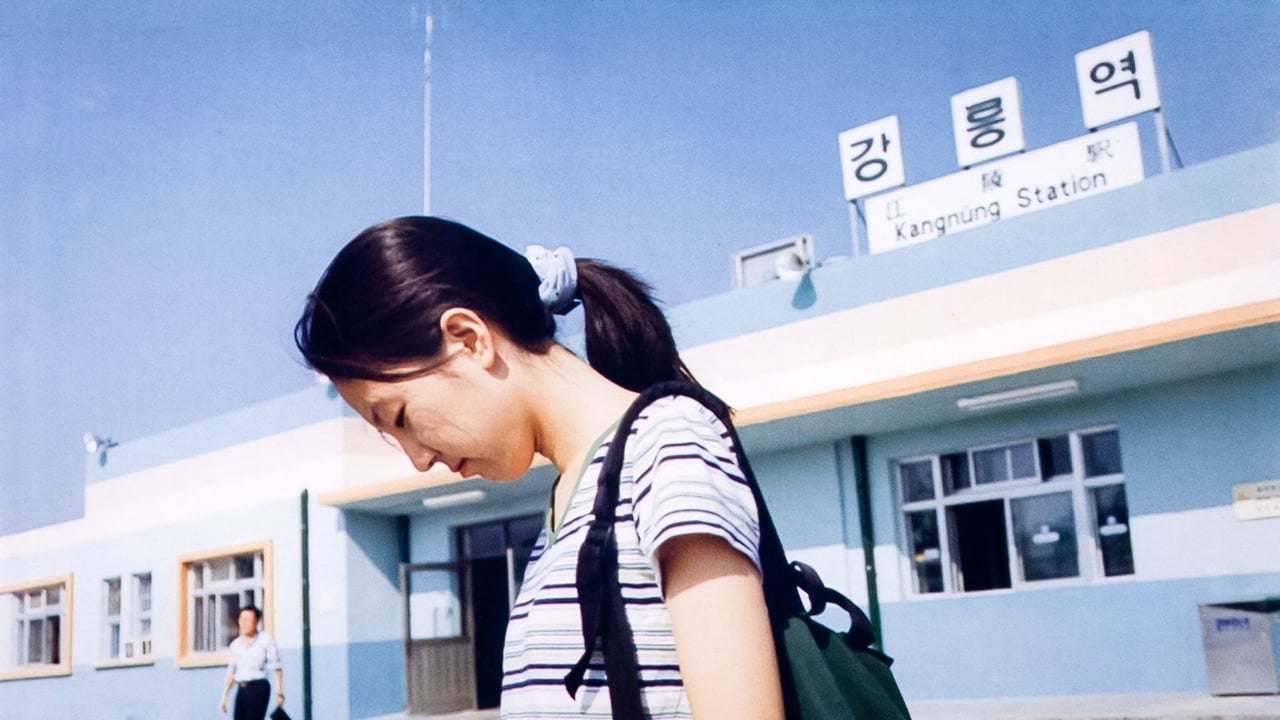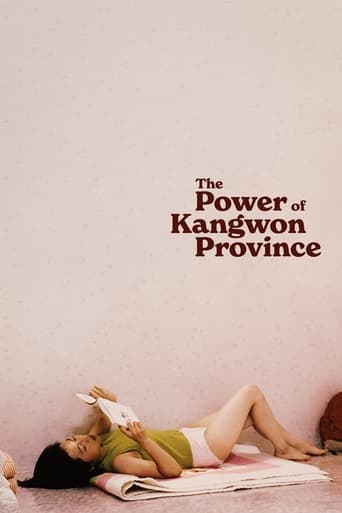



That was an excellent one.
The movie's not perfect, but it sticks the landing of its message. It was engaging - thrilling at times - and I personally thought it was a great time.
View MoreIt's a movie as timely as it is provocative and amazingly, for much of its running time, it is weirdly funny.
View MoreOne of the film's great tricks is that, for a time, you think it will go down a rabbit hole of unrealistic glorification.
View MoreLet us begin by saying that this film's English title "The Power of Kangwon Province" is an absolute misnomer.It is because in Hong Sang Soo's film,there are no actual shots of wars,troubles and conflicts.So the idea of establishing power of a province is neither suitable nor valid in the context of this film.If we were to judge this film by its Korean language title,"Kangwon-do ui him" is going to appear as a cryptic statement about emotional turmoils of its young protagonists whose minds are not at rest.Hong Sang Soo has also directed a highly prolific visual document about erratic choices made by people in their lives.The people in question are a couple of young girls who are constantly in the process of displaying their moods,whims and fancies. If making a film out of nothingness can be claimed as a film maker's meritorious virtue then Hong Sang Soo has to be saluted as a courageous film maker whose films speak volumes about ubiquitous nothingness of human relationships,sentiments and lives.Whether one likes it or not,this is the only fair conclusion that be deduced from this particular film.
View MoreThis is a great film. If this is any indication, than Hong Sang-Soo really is "Asian cinema's best kept secret". It's very similar in style to Tsai Ming-Liang and Hou Hsiao-hsien, and covers a lot of the same ground as them thematically, but I think I actually enjoy this more as a whole than any single one of their films. The overt minimalism is slightly less pronounced here than in their work, although it still completely fits that style (the camera never moves even once), and somehow I found the film less self-consciously "slow" than Tsai Ming-Liang or Hou Hsiao-hsien, which I think is part of the reason I enjoyed it more. Plus, it doesn't keep it's subjects quite as detached as Hou does. I felt like the film was also somehow more "complete" and less open-ended (just barely) than some of their work, although that's not to say it had much of anything resembling a forward-moving plot. I would have a hard time believing that Sophia Coppola wasn't directly influenced by this film for "Lost in Translation" (scenes of a young woman wandering around by herself, and languishing in her hotel room wearing punk panties can't help but seem familiar).
View MoreI really don't know, but this is probably the first and only Korean film that that doesn't have any reaction shots. No pans, no dolly shots...nothin'! No professional actors were cast. Very basic filmmaking. The subject matter is trivial, everyday life. Overall, it's a beautiful film to see.
View MoreAn awesome innovative film under conventional look. The film questions and deconstructs everything--our normal concepts, philosophical notions, and cinema itself. To trace how the film deconstructs the traditional idea of narrative cinema could be a first step to the reading of this profoundly bizarre film.
View More